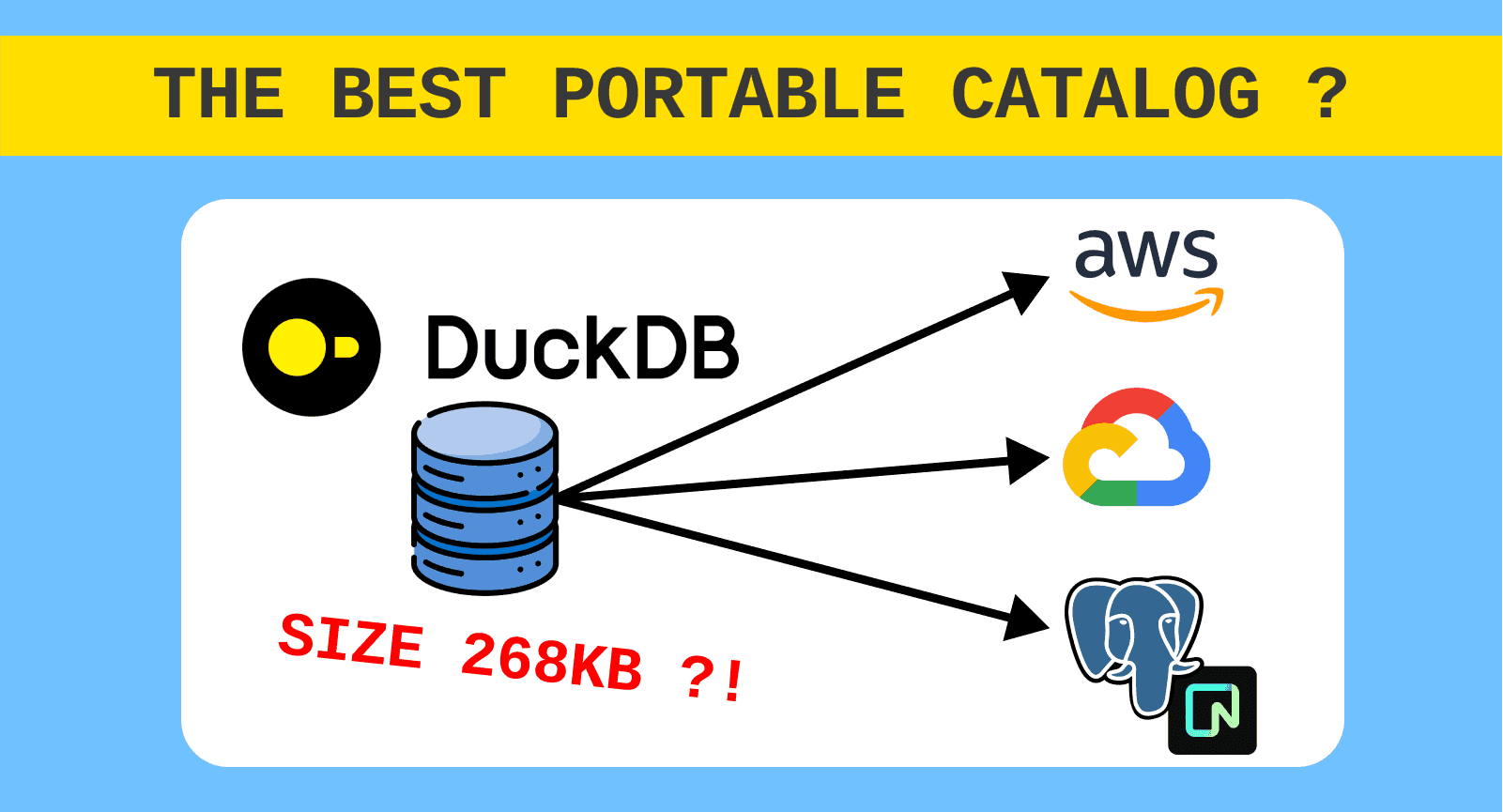At MotherDuck, we’ve been hard at work on new features to give you better tools for managing your accounts, scaling your applications, and handling individual queries. This month's Feature Roundup highlights recent updates designed to empower you with more control over your data and queries for a seamless, efficient experience.
Let’s dive in.
Query Monitoring and Management Functions
MotherDuck now provides the ability to monitor and interrupt active server connections with two new functions in Preview.
Database activity monitoring gives users a real-time view of their active connections to understand their current load and database usage. md_active_server_connections is a table function that lists all server-side connections with active transactions.
Quickly identify long-running queries and problematic connections to support resource optimization and monitor active transactions to prevent disruptions during schema changes or database maintenance.
Furthermore, users can now interrupt active transactions on a server-side connection with the md_interrupt_server_connection scalar function. Doing so will fail / rollback the active transaction while allowing the connection to be used for future transactions and queries.
Together, these functions support a complete workflow for understanding query performance and interrupting ad-hoc or erroneous queries without requiring a fresh connection setup. In a multi-user context, Org Admins can identify problematic queries from one user and use client_connection_id from the active server connections returned with md_active_server_connections to interrupt the stalled connection using md_interrupt_server_connection, all without impacting other users or services that rely on that same connection.
Specify Attach Mode for Streamlined Connections to MotherDuck
MotherDuck now saves you time when you only need to connect to a single database by allowing you to specify the attach mode when connecting.
MotherDuck’s data warehouse sharing model operates at the database level. Shares are read-only databases that are purpose-built for data collaboration and ad-hoc analytics. These zero-copy clones help savvy data leaders and small teams derive insights without directly accessing the production dataset. Shares can be attached and updated manually or automatically by the Share’s creator.
Specifying attach_mode={single|workspace} lets you tailor your connection to your needs. Single database attach mode simplifies the connection process when you are only working with a single database by streamlining your workflow and removing unnecessary setup steps.
Use attach_mode=single in scenarios where you only need to query a single database. It simplifies the connection by ensuring no additional workspace context or databases are involved.
To access multiple databases as part of cross-database workflows, use attach_mode=workspace instead.
The value of specifying attach mode ultimately comes down to intent. Being explicit ensures MotherDuck can optimize the connection behavior for your use case to streamline operations.
In-Memory Queries are (even more!) Efficient and Powerful
As part of our commitment to continuous improvement, our Platform team is constantly tuning our infrastructure to give you the best experience possible. MotherDuck’s architecture is built around the power of scaling up with highly efficient and scalable single nodes.
MotherDuck now enables you to run larger queries in-memory so you can handle more complex workloads and data-intensive queries with ease.
Take Flight
Let us know how you’re using MotherDuck: Share your success stories and feedback with us on Slack. If you’d like to discuss your use case in more detail, please connect with us - we’d love to learn more about what you’re building and how we can make your MotherDuck experience even better.
Happy querying!
CONTENT
- Query Monitoring and Management Functions
- Specify Attach Mode for Streamlined Connections to MotherDuck
- In-Memory Queries are Efficient and Powerful
- Take Flight
Subscribe to DuckDB Newsletter



